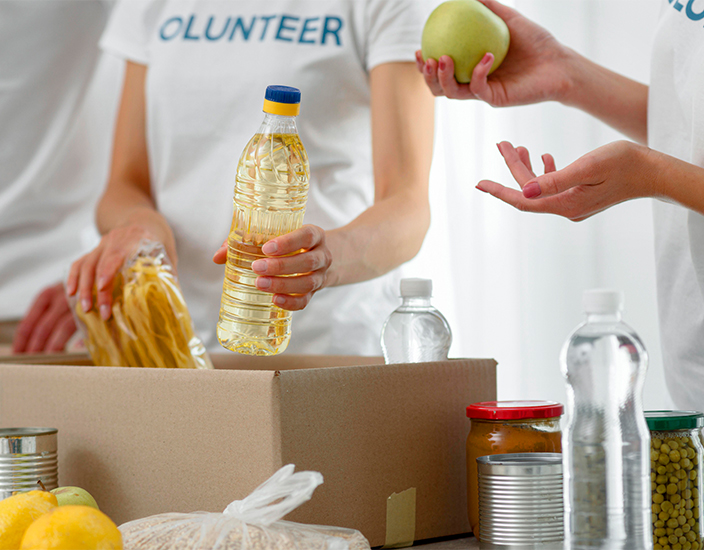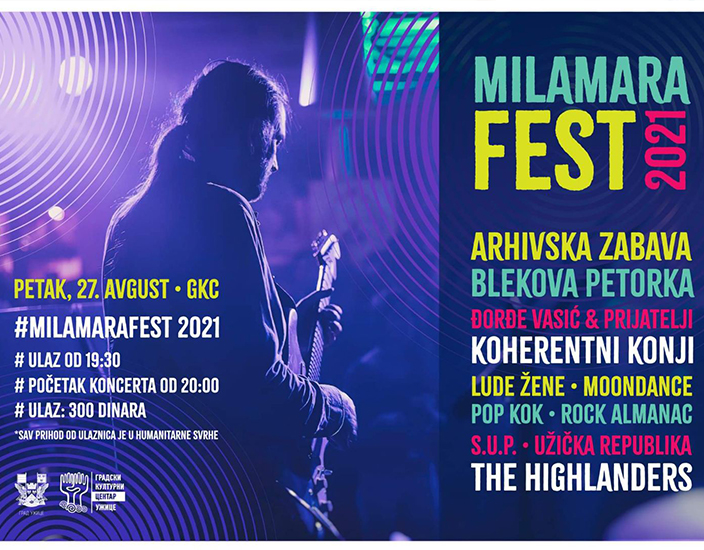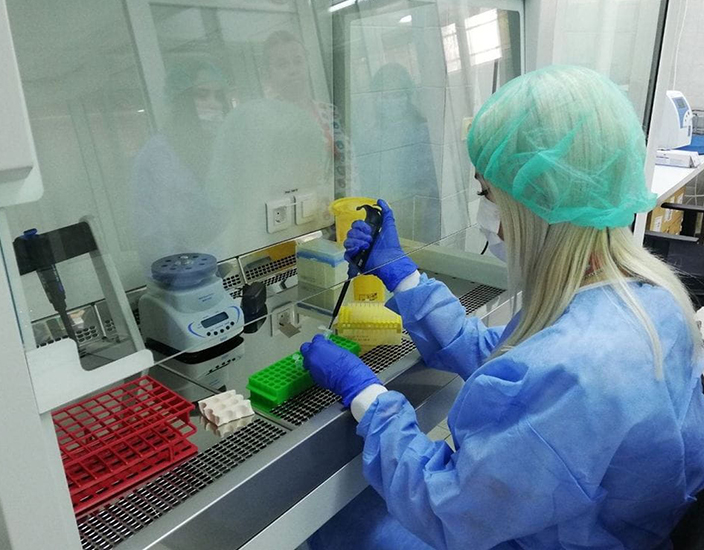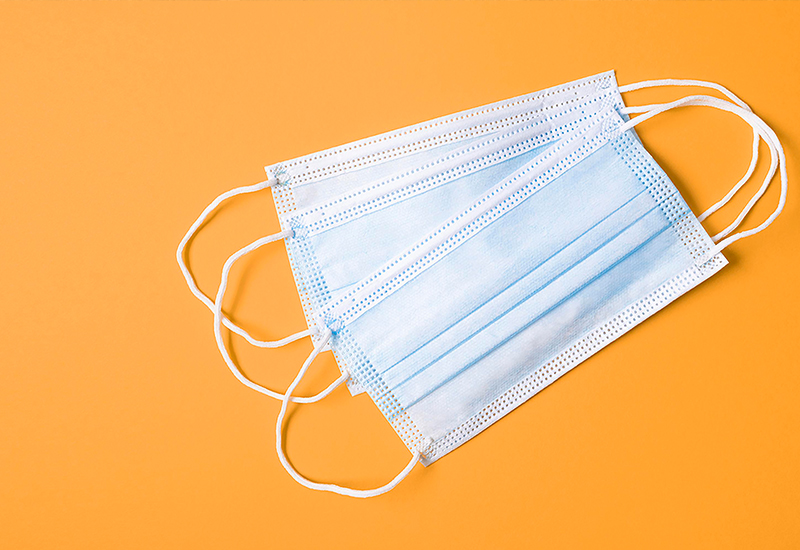Although we are all used to the news about the Covid-19 virus so far, some are constantly finding ways to help the community eliminate the consequences of the pandemic. The humanity of numerous organizations across the region is focused on helping children who lost one or both parents during the pandemic, doctors, workers, and socially vulnerable citizens.
These successfully implemented acts of kindness refer to helping elderly fellow citizens, individuals who have lost their jobs and equipping hospitals to provide as much support as possible.
Find out which recent humanitarian actions in Serbia, Montenegro, Bosnia and Herzegovina marked the previous period.
The pandemic deepened poverty but also solidarity
The need for humanitarian aid during the coronary virus pandemic was growing because, according to humanitarian organizations in BiH, it was the pandemic that brought the problems faced by socially vulnerable people to the surface but also showed that citizens are ready to help those who need help the most.
Saliha Rokša, spokesperson for the "Pomozi.ba" Association said that this Association prolonged some of its projects due to the impact of the pandemic, but at the same time turned to others, such as the "Pandemic 2020" and "Pandemic 2021" actions.
Through these two actions, we helped our fellow citizens, as well as hospitals in BiH. We distributed protective masks, protective equipment, and such, said Rokša, adding that the citizens of BiH were even more humane in this period.
In a way, the citizens showed solidarity with their fellow citizens. As for the realization of our humanitarian actions, the citizens' response was phenomenal, said Rokša. She pointed out that there were situations where families who were not socially endangered, people who could work, lost their jobs due to the pandemic. This Association also provided support to such citizens. She stated that they tried to help all fellow citizens who needed it, especially elderly citizens who could not leave their homes at the beginning of the pandemic last year. Hence, they delivered medicines, as well as hygiene and food supplies.

We received great help from our volunteers, who helped us during the distribution and our users' work. Our colleagues also did a lot. They all worked with a whole heart, and sometimes 24 hours a day, said Rokša.
Zeljko Mastikosa, coordinator of the Service for Personal Assistance and Assistance at the House of the Humanitarian Organization "Partner" from Banja Luka, confirmed for "Nezavisne novine" that assistance was provided 24 hours a day in Banja Luka as well.
According to him, assistance to socially endangered citizens, primarily persons with disabilities, elderly and sick fellow citizens, is provided by about 40 employees in this organization, who visit several users every day and provide them with all the necessary assistance.
I made a letter when medical workers and the police were awarded for their dedicated work so that our people would receive recognition for their work; because we were in the field every day, we visited about three or four users every day, said Mastikosa. Although not a humanitarian association, the Association of Citizens "Mosaic of Friendship" in Banja Luka is engaged in humanitarian work, and as confirmed for "Nezavisne" by Miroslav Subašić, secretary of this association, during the pandemic, they worked tirelessly, compared to the period before Covid-19, this association now it gives help up to 400 times more than before.
The pandemic led to a financially bad situation and people who lived modestly before the pandemic but who had something to live on. After the pandemic, they also found themselves in the queues for food from our public kitchen, said Subašić.
"Even after the pandemic, we stay with the collectors" project
The nongovernmental organization "Porečje" from Vučje continues this year to improve the socio-economic position of collectors of secondary raw materials in the south of Serbia. They had an opportunity to present their new project, "Even after the pandemic, we stay with the collectors," which is funded through the SWISS PRO program with the support of the Government of Switzerland and the Government of Serbia.
The project aims to improve safety at work and support the renewal of livelihoods for 53 Roma collectors of secondary raw materials from the substandard settlement of Podvrce. By donating protective equipment, greater safety in the work of collectors will be achieved. This equipment is essential during a pandemic caused by the Covid-19 virus. Granting equipment to collectors who have started the legalization process will encourage other collectors to express their readiness to legalize their business by joining the association. The National Strategy for Social Inclusion of Roma Men and Women envisages 2025 as the deadline for legalization. Today, the members of the association "Marko Crni" received the equipment.
The equipment was distributed in front of the headquarters of their association at the intersection at the entrance to the Grdelica road. A day later, the equipment will be handed over to the JUPI collectors' association members, also in front of the association's headquarters. The package of protective gear that will be given to 53 collectors from two associations from Leskovac includes a work suit, protective gloves, protective boots, a protective waterproof raincoat, and 50 pieces of protective masks.
A humanitarian ball in the City Park
The city park in Vranje was a kind of stage for a large humanitarian ball organized to raise funds to help children who lost one or both parents during the pandemic.
The event was the culmination of a two-month action of animating individuals and the economy - to unite and show how the community should be in solidarity in difficult times, especially when many Vranje residents lost the battle with the crown.
And, the idea of Milica Andjelković Jovanović was accepted by many women from Vranje, so they gathered around the informal group "Women's Solidarity Front" and devotedly raised funds and spread the story about this event.
About 500 legal and natural persons responded to our appeal. Some donated their products and services, and some bought what we needed, says Milica Andjelković Jovanović, proud of the fact that lawyers, journalists, doctors, housewives ... held a true lesson in humanity.
I meet many people at work, I share with them the sadness due to a bad fate, so I could hardly wait for such an action. I joined and animated my colleagues, friends, neighbors, and all the people I know. I am delighted that we succeeded, says doctor Natasa Stojilković from the "Women's Solidarity Front", explaining that a public invitation will soon be issued to families and children who will be able to receive some help.
Humanitarian "Milamara Fest" dedicated to the musician from Užice
The humanitarian "Milamara Fest 2021" will be held in the City Cultural Center of Uzice on Friday, August 27 at 8 p.m. The festival was started by friends of Miško Milosavljević, a musician from Užice who passed away in April last year due to coronavirus infection.
The money from the sale of tickets, which cost 300 RSD, will be donated to the family of the deceased musician. Due to anti-epidemic measures, the number of tickets purchased at the GKC ticket office is limited.

At that event, as announced, bands from Užice will perform - "Archive Party", "Black Five", Đorđe Vasić and friends, "Coherent Horses", "Crazy Women", "Moondance", "Pop Cock", "Rock Almanac" , "SUP", "Uzice Republic" and "The Highlanders".
Doctors are receiving support in the fight against the new wave of Covid-19
One of the world's most modern PCR laboratories for testing patients for coronavirus will soon be opened within the Clinical Center of Montenegro. It is a valuable donation from the Volnoe Delo Foundation of the Russian entrepreneur Oleg Deripaska, who a few months ago provided similar equipment to the Health Center in Kotor to provide support to as many citizens as possible in the fight against Covid-19.
Before the official launch, preparatory activities were carried out, including additional training for KCCG workers. At the head of the team in Podgorica last week and which, together with experts from the Clinical Center, worked on specific details of the training of medical staff, is Dr. Branka Jelicic, Doctor of Science in the field of molecular biology.
Colleagues with whom I worked at the Clinical Center of Montenegro are extraordinary, professional, and dedicated to the work they do. It took us only two days to perform the necessary procedures related to the training. Now everything is ready to start the laboratory work, says Dr. Jelicic, who has been training people for seven years on how to use diagnostic equipment.
In addition to the equipment and trained staff, it is necessary to be extremely careful because working with microbiological agents requires patience, time, and precision.

It is necessary to follow good laboratory practice, which tells what to do to avoid contamination of samples. This is important because you have hundreds of samples at one time, some of which are infected with COVID19. Microbiologists are aware of this responsibility, the pressure that exists, and the desire of citizens to get results immediately. Working in these conditions is specific for colleagues because they work 12 hours a shift, the danger of getting infected is great. The laboratory will help them in all this because the PCR test is a golden method in detecting coronavirus. At the same time, such equipment will undoubtedly facilitate the work of the staff in KCCG and contribute to the citizens getting the results faster and with better quality, concludes Dr. Branka Jelicic.
At the end of January this year, Oleg Deripaska donated a similar laboratory to the Kotor Health Center, where an average of 550 coronavirus tests is analyzed daily. The PCR laboratory processes samples arriving from the General Hospital of Kotor and other coastal places. It provides free services to residents of most of the Montenegrin coast, including the municipalities of Herceg Novi, Tivat, Kotor, Budva, Bar, andBar, and foreign policyholders living in Montenegro. In addition to the equipment, the laboratory also received donations of consumables, special protective equipment for employees and disinfectants.
As we can see, providing help in crises, with the activity of individuals or organizations and with the support of companies and citizens, is often vital. Only one idea can realize a big project that will make our society stronger and more giving.
For that reason, if any of today's topics inspired you to a good act, take a look at the current campaigns that you can support on the Donacije.rs platform.

